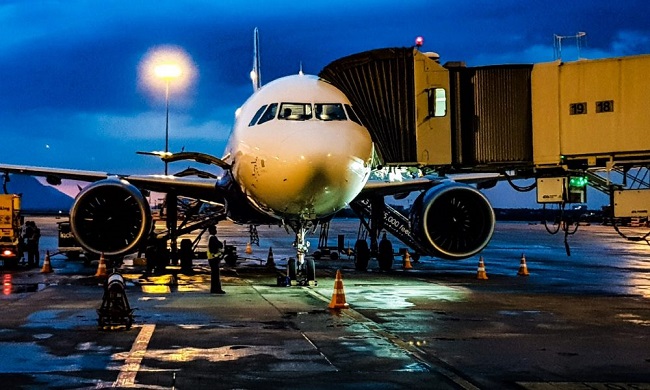International Air Transport Association (IATA) has put the total amount of foreign airlines funds blocked in Africa at $168 billion.
Revealing this at the 55th African Airlines Association (AFRAA) Annual General Meeting (AGM) in Uganda, IATA Regional Vice President, Africa and Middle East, Kamil Alawahdi, listed Nigeria, Ghana, Ethiopia and Zimbabwe among the African countries that have allowed the foreign carriers to repatriate a significant portion of the blocked funds to their home countries since 2018.
Alawadhi who identified the issue of the blocked funds as the second major issue plaguing Africa, however, said the $1.68 billion indebtedness of Africa to the foreign airlines formed part of the total $236 billion owed the airlines globally.
The IATA chief, who described the huge debt as alarming, with its devastating impact on connectivity despite the capital intensive nature of aviation, declared: “Cash flow is key for airlines’ business sustainability. When airlines are not able to repatriate their funds, it severely impacts their operations and their decisions on where to fly. But the risk of blocked funds is not just limited to airlines; the negative impact extends to the countries blocking the funds.
“It impacts the country’s economy and its connectivity, and it hurts investor confidence and reputation. Aviation is not only an economic enabler, it is a pillar of modern economies. Governments must prioritise aviation and find sustainable solutions in the clearing of blocked funds, and we continue to offer our support in any way we can.”
He, however, lamented the high cost of running aviation in Africa even while the industry is still recovering from significant losses due to the pandemic.
His words: “To make up for this shortfall, governments should avoid imposing higher fees, levies, carbon taxes or new taxes on air transport, trade or tourism. These measures would only make air travel more expensive and less accessible in Africa, where the average airfare is already 30 per cent higher than the industry average and the jet fuel cost is 10 to 20 per cent higher than the global average.”
“Higher costs would discourage customers who are sensitive to prices, resulting in lower demand and revenue for airlines and other stakeholders in the aviation sector, such as airports, ground handlers, suppliers and air navigation services. They would also hamper economic development and limit the opportunities for job creation and income generation. High cost leads to high price, which reduces demand and growth in a price elastic market, and ultimately affects connectivity negatively.
“The message is clear: governments should follow ICAO’s policies on charges and infrastructure and consult with airlines and industry to ensure a fair and cost-effective operational environment that benefits a more connected continent.”
The IATA Vice President while acknowledging the longstanding relationship and collaboration with AFRAA expressed the optimism on how the continuous working together between iIATA and AFRAA through Focus Africa will lead to a safer, more efficient, secure, and better-connected continent.
READ ALSO FROM NIGERIAN TRIBUNE




